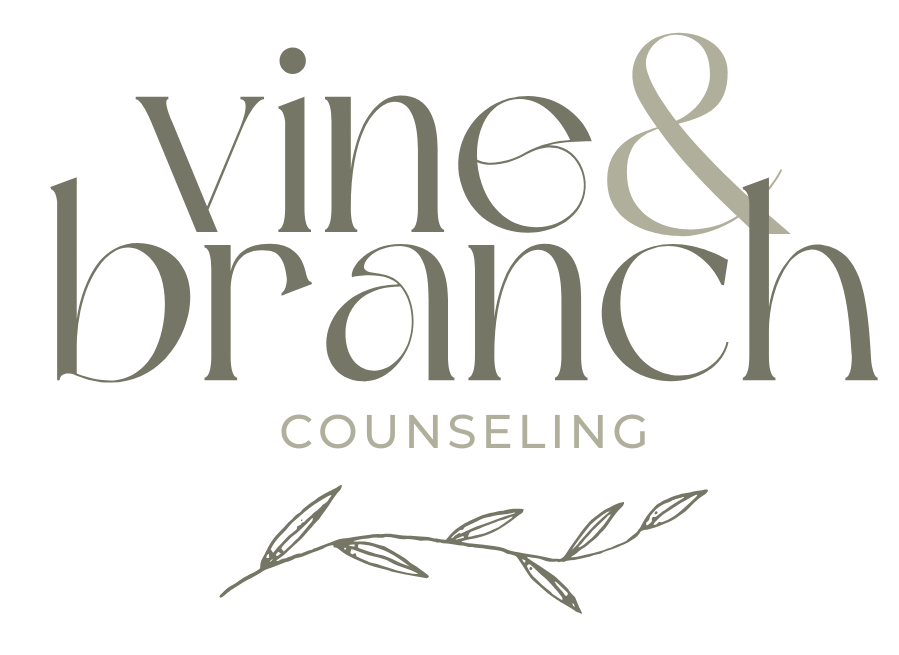How to Find the Right Therapist for You: Questions to Ask During Your First Session
So, you’ve taken the step to start therapy—huge! Finding the right therapist isn’t just about credentials and availability; it’s about connection. Therapy is an investment in yourself, and you deserve a space where you feel safe, heard, and understood. The first session is like a vibe check—an opportunity to gauge whether this therapist is the right fit for you.
Here are some key questions to ask during that first session to help you make the most of it:
1. What’s your approach to therapy?
Therapists have different styles and techniques. Some focus on processing emotions (psychodynamic therapy), while others emphasize tools and strategies (cognitive-behavioral therapy, or CBT). Ask your therapist how they work and what their sessions typically look like. If you prefer structured sessions with homework, a therapist who mostly asks open-ended questions and lets you lead might not feel like the right fit.
2. Have you worked with people who have similar concerns?
While therapists don’t need to have identical life experiences to understand you, it can be reassuring to know they’ve helped others with similar struggles. Whether you’re navigating anxiety, past trauma, relationship issues, or identity exploration, it’s okay to ask if they have experience in those areas.
3. How will we measure progress?
Therapy isn’t always a linear process, but having some sense of direction is important. Ask how they track progress—do they check in regularly? Use specific tools or questionnaires? Knowing this can help you stay motivated and understand what growth might look like.
4. What’s your availability and communication style?
Are they available for check-ins between sessions if needed? Do they prefer emails, a client portal, or no contact outside of appointments? Also, if scheduling flexibility is important to you, ask about their policies on rescheduling and cancellations.
5. What should I expect from our work together?
Some therapists are more directive, while others let you take the lead. It’s helpful to know what kind of guidance they provide. If you’re someone who likes clear direction, working with a therapist who takes a more exploratory, hands-off approach might feel frustrating.
6. What’s your perspective on…? (Fill in the blank with what matters to you.)
If certain values or topics are important to you—like cultural competence, LGBTQ+ affirming care, faith-based counseling, or neurodiversity-affirming practices—ask about their perspective. Therapy should be a judgment-free zone, and it’s okay to make sure their approach aligns with your needs.
7. What happens if I feel like this isn’t the right fit?
A good therapist won’t take it personally if things don’t click. Asking this upfront can relieve some of the pressure and normalize the idea that finding the right therapist is a process.
Trust Your Gut
Beyond the answers they give, pay attention to how you feel in the session. Do you feel heard? Do you feel like you can be yourself? Therapy should feel like a safe space, not an awkward interview where you’re unsure if you’re ‘doing it right.’ If something feels off, it’s okay to explore other options—finding the right therapist is about finding the right match for you.
Starting therapy is an act of self-care, and you deserve to work with someone who helps you grow, heal, and thrive. Keep asking questions, trust yourself, and know that the right therapist is out there for you!
